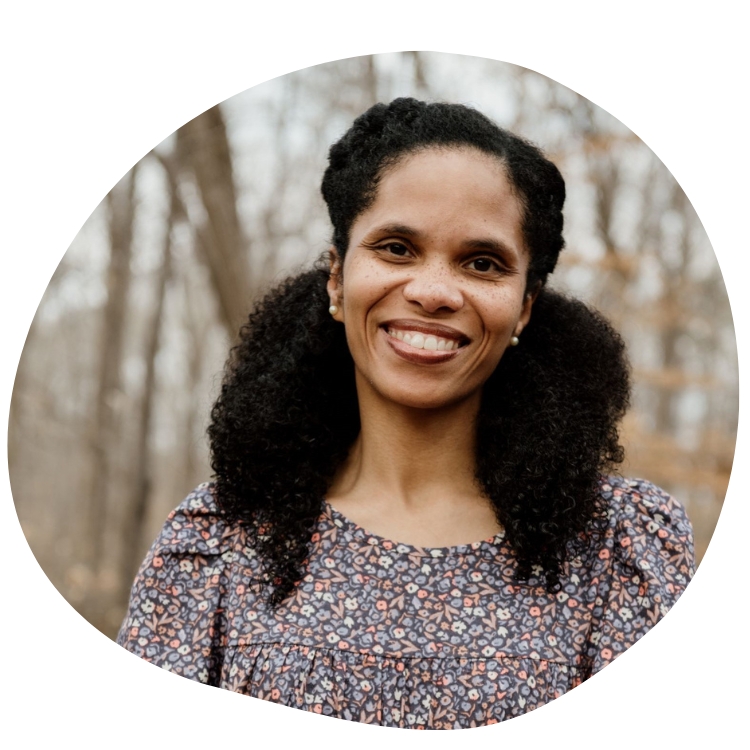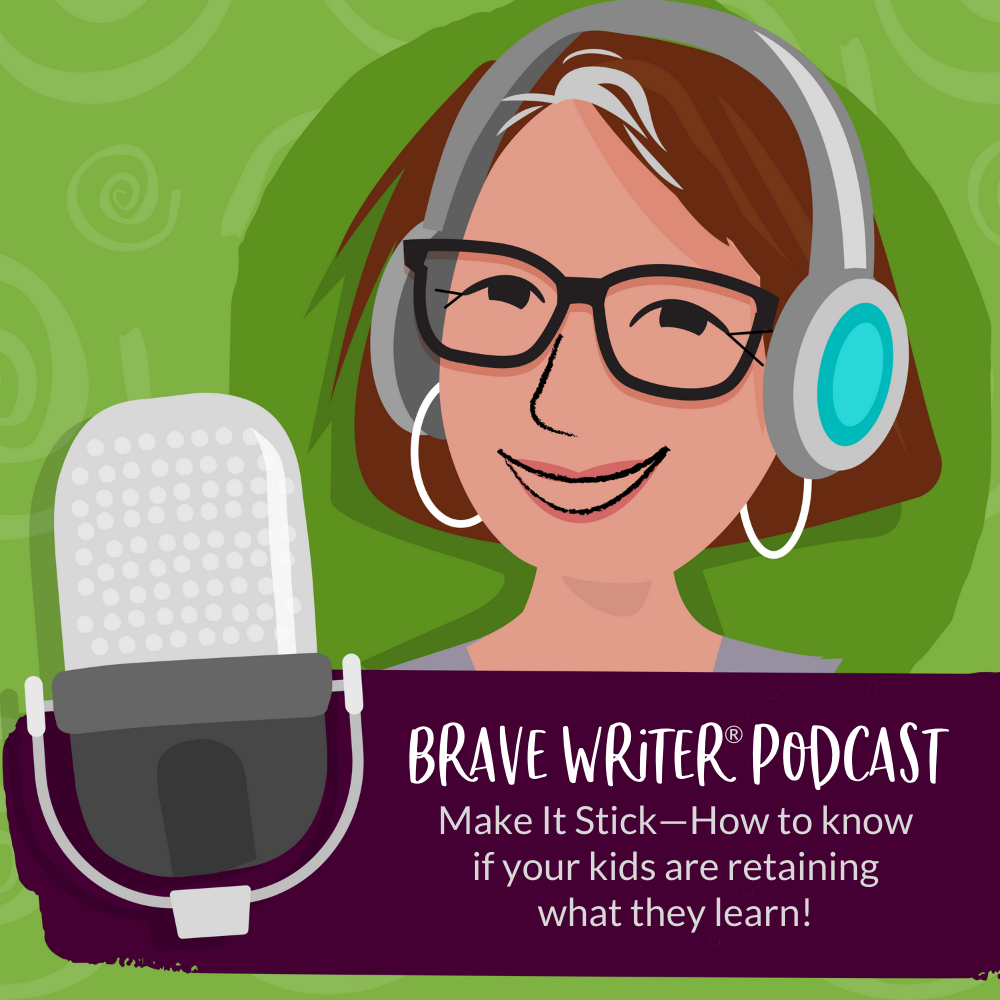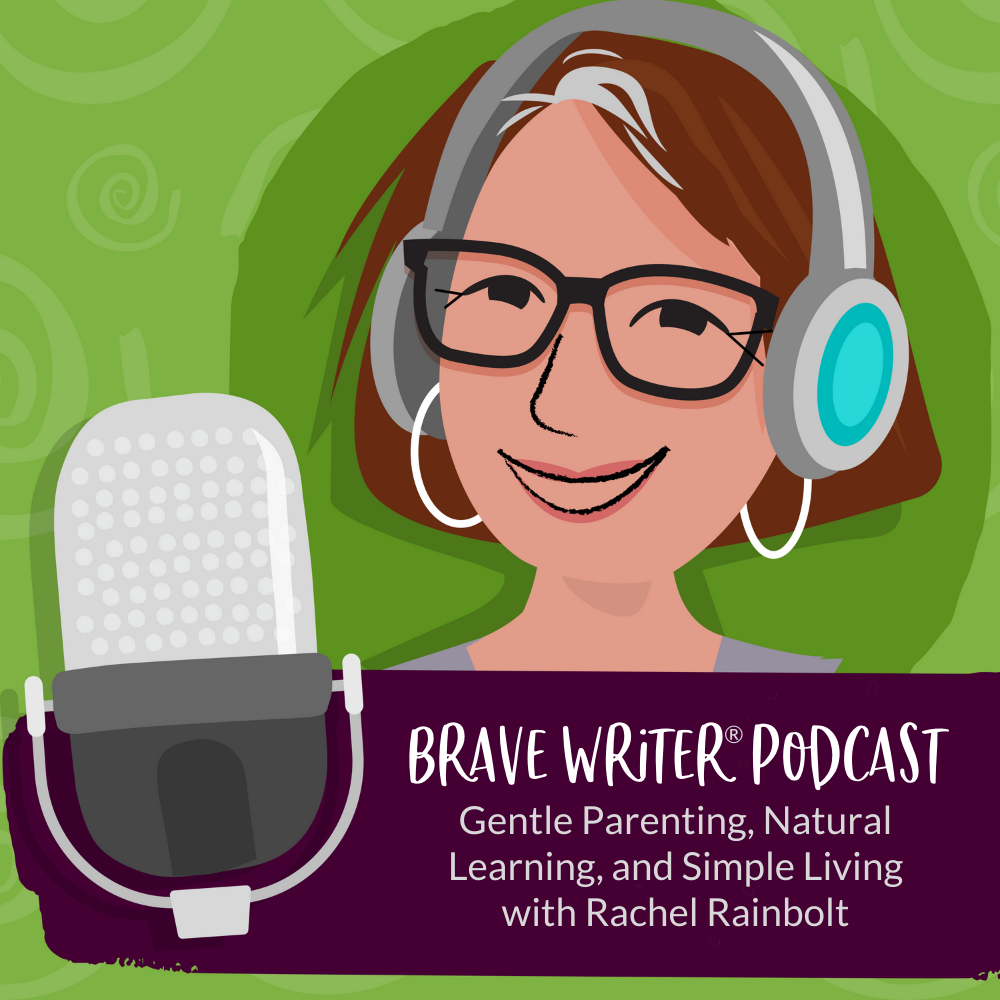
We’re continuing our deep dive discussion into Amber O’Neal Johnston’s new book, A Place to Belong.
Previously in Part One, we talked about what led Amber to write the book—having a big juicy discussion around family culture, normalizing difficult conversations, and building a framework for inclusion within the family. We also talked about the different ways books can be viewed through a cultural lens: As mirrors, windows, or sliding doors.
Today on the Brave Writer podcast, we’re picking up the conversation around curating the home library.
Show Notes
Representation in Children’s Literature
Children’s literature plays a pivotal role in shaping young minds. It’s essential for every child to find themselves mirrored in the stories they read, building both self-identity and empathy. However, the landscape of children’s books isn’t always as diverse as it should be. Black, middle-grade authors, for instance, often find themselves limited by industry expectations, pressing the need for a broader range of stories that reflect varied experiences. Still, we must work towards expanding our children’s libraries from ones that are colorblind to ones that are colorful.
The Problem with the “Single Story” Approach
Relying on a “single story” approach in literature can inadvertently limit a child’s understanding and perpetuate stereotypes. Imagine a librarian recommending books based solely on racial assumptions, missing the mark on the actual experiences of the readers. Such instances highlight the broader challenge of biases in literature and underscore the importance of diverse narratives.
Living Books & Home Libraries
The term “living books” captures the essence of literature that deeply resonates with readers. But how can parents curate a collection of such impactful books at home? The key lies in selecting stories that not only entertain but also:
- educate,
- inspire,
- and mirror diverse life experiences.
A well-thought-out home library can be a treasure trove of knowledge and inspiration for young minds.
Family Culture & Legacy
Family traditions, recipes, and shared stories form the bedrock of our cultural heritage. By cherishing and passing down these memories, we offer children a sense of shared history and identity. This rich tapestry of familial experiences serves as a foundation, grounding children and giving them a clear sense of belonging and identity.
Legacy Mindset
Every action today shapes the legacy of tomorrow. Instilling a “legacy mindset” in children means teaching them to recognize the importance of their current experiences in crafting their personal and collective histories. Whether it’s cherishing today’s moments or planning for the future, understanding the significance of the present empowers children to shape a brighter, more intentional future.
The stories we share with our children, the traditions we uphold, and the values we instill form the backbone of their worldview. As guardians of the next generation, it’s our responsibility to curate experiences that are both reflective of their identity and expansive in perspective. By embracing diverse literature, cherishing family legacies, and fostering a forward-thinking mindset, we empower our children to navigate the world with:
- empathy,
- curiosity,
- and a strong sense of self.
Let’s commit to laying down a foundation rich in stories and values that will guide them today and inspire them tomorrow.
Resources
- Learn more at HeritageMom.com
- Read: A Place to Belong
- Follow Amber on Instagram: @heritagemomblog
- Start a free trial of CTCmath.com to try the math program that’s sure to grab and keep your child’s attention!
- Ways to Make Sunshine by Renee Watson
- Growing Brave Writers is the essential training you need as a parent to be the writing coach your children deserve! Learn more at bravewriter.com/gbw.
- Sign up for our Text Message Pod Ring to get podcast updates and more!
- Send us podcast topic ideas by texting us: +1 (833) 947-3684
- Want help getting started with Brave Writer? Go to bravewriter.com/getting-started
- Sign up for the Brave Writer newsletter to learn about all of the special offers we’re doing and you’ll get a free seven-day Writing Blitz guide just for signing up: https://go.bravewriter.com/writing-blitz
Connect with Julie
- Instagram: instagram.com/juliebravewriter
- Twitter: twitter.com/bravewriter
- Facebook: facebook.com/bravewriter
Produced by NOVA Media
























